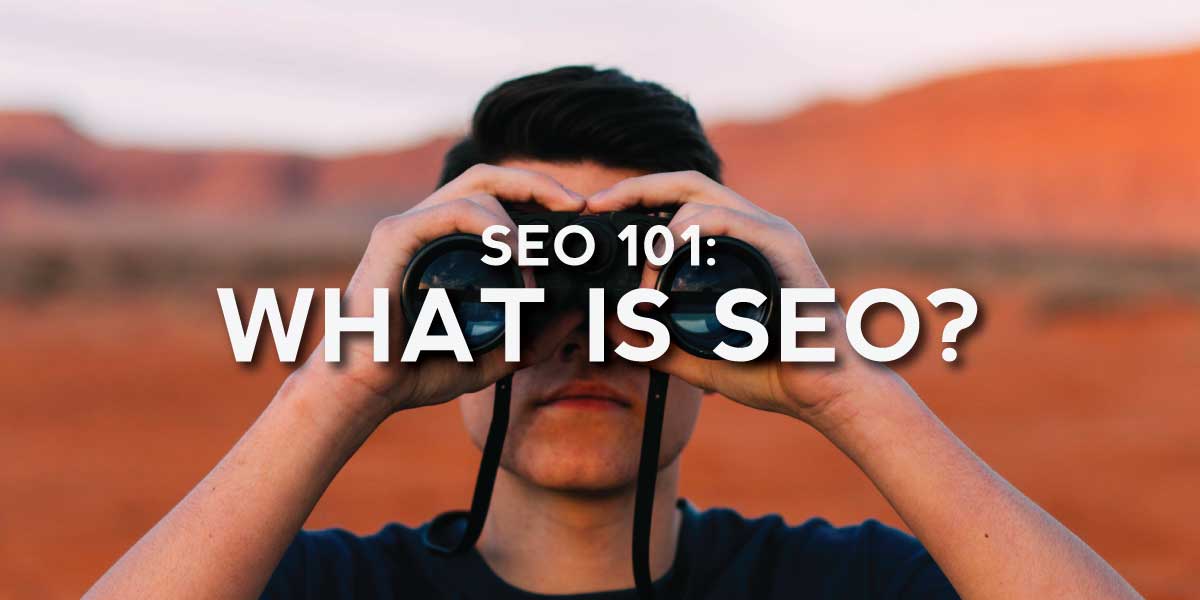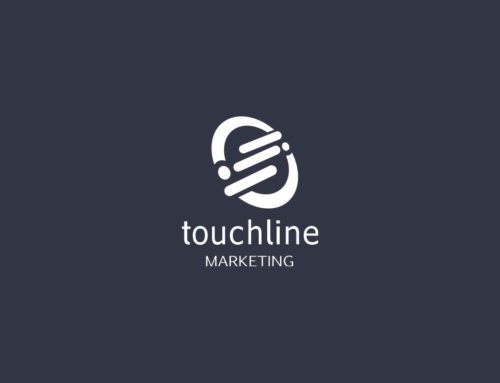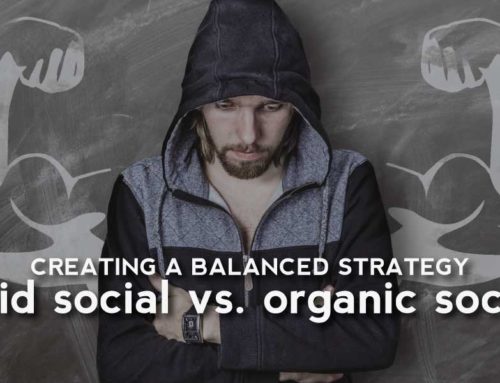You already know that search engines provide results that are most relevant to internet users. You don’t need to pay Google or Yahoo to have your webpage ranked on the first page. The best way to get your content listed among the top SERPs is to optimize it for SEO. Now, this begs the question: What is SEO?
SEO Defined
SEO is the acronym for search engine optimization. It is a proven way of gaining online traffic from organic search results. Organic traffic is free. Payment is not involved. When your web content is search-engine-optimized, your traffic increases both in quantity and quality. It means you are providing useful information that exposes your brand to a broad audience. Google, for instance, lists the available content through indexing/crawling. Content could be blog posts, videos, e-books, images, and so on. The content is cataloged according to how it fits into queries in a process known as search engine ranking.
What does this tell you? To prioritize SEO, you must know the interest of your target audience. What do they look for online? What questions are they likely to ask? Only after learning their needs can you connect and keep them hooked. Understanding the intentions of your prospects is one thing. But delivering solutions that search engine crawlers recognize is another. How can you achieve both? What is SEO all about?
How to Gain Organic Traffic
There are many challenges you might be facing as a small business owner. One is to make sure that when internet users search for products and services in your niche, they land on your pages and not the competitors. What steps can you take to increase organic traffic? Forget about trying to trick the system. Consider using effective SEO practices, also known as white hat SEO. These are principles aimed at boosting the search engine ranking of your website pages at zero cost. Don’t even try black hat SEO or other questionable schemes. Google will penalize you. Your rank on SERPs is critical. Here is what you should do.
Keyword Research & The Buyer Persona
When creating content, do you put your target audience in mind? It is of utmost importance that you understand the profile of your ideal customer. What are their pain points? What are their challenges? Provide educative information that relates to your buyer personas. After all, what is SEO meant for?
In a process that is part art and part science, small businesses can use keyword research as a starting point to be found by their ideal customers online. Once these small businesses have optimized compelling content for keywords that their prospects input in search queries, they have a chance to become a part of that buyer’s journey.
- Understand what your buyers are searching for thorough keyword research
- Work on creating compelling content that serves real people
- Make sure your content is technically optimized so it can be found in search engines
Create compelling headlines
Your headlines and sub-headlines must be irresistible. Do you know that most internet users click on the most captivating topics? Yes, not so many people have time to waste on pages that look boring at a glance. Just looking at a headline for a few seconds is enough for the reader to decide whether or not to continue reading. And that is why even the most comprehensive posts go unread. Before you publish a blog post, think twice about the headline. There are various tools you can use to boost your blog titles. Some are available for free e.g., Co-schedule Headline Analyzer, and Blog Title Generator.
Regularly provide quality content
Make sure there’s always new information on your blog. But do not compromise quality in the name of blogging regularly. More quality content offers more opportunities. This is probably the best way to increase organic traffic to your site. Get in-depth and build a catalog of material that is optimized for your buyer persona. Focus on your niche and avoid spammy and cheap-looking posts. Other things to avoid when blogging include:
- Thin content with ads and affiliate links only
- Abusive link schemes
- Stuffing your brand name with service keywords
- Deceptive URLs
- Duplicate content
- Creating fake Google My Business listings and addresses
- Fake reviews for your company and negative reviews for competitors
- Cloaking: showing Google different information than what internet users actually see
The Significance of SEO
By now, you understand, ‘what is SEO?’ One sure thing about effective SEO is that it appears more credible to your prospective clients. With time, it gets you more value than sponsored ads. Organic traffic offers higher margins than traffic generated through pay-per-click marketing. With proper SEO, you can grow a website presence that ranks high for the right keywords. Keep in mind that search engines are intelligent. Yet, they require your assistance. When you optimize your site with great content, search engines will index it as it deserves.
Getting Started With SEO
Not sure where to start and don’t know what is SEO? Have you considered consulting and SEO expert? Apply the best strategies to gain organic traffic through compelling content developed by a digital marketing agency or SEO agency. At Touchline Marketing, many of our clients get started developing a proper foundation for digital marketing with a “Better Than Nothing” Digital Marketing Starter Program. Whoever you choose, choose the right consultants to accomplish more with your digital marketing investment.





